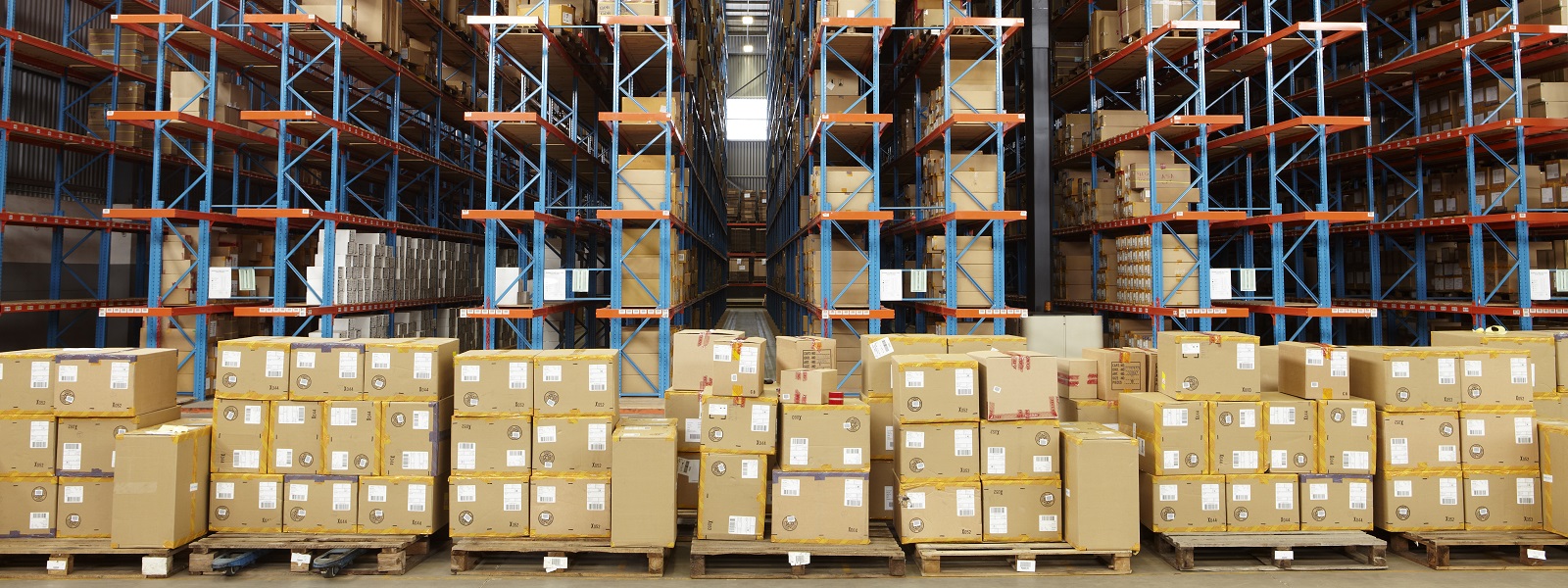Although pharma, medical and biotech (PMB) M&A deal value for Q1 2020 came in at US$39.3 billion, 78% below the year before, this was primarily due to the outsized US$87.8 billion deal between Bristol-Myers Squibb and Celgene in early 2019.
The strategic importance of well-funded healthcare infrastructure has been emphasized as the COVID-19 virus has spread. The S&P 500 Healthcare Index has lost no value in 2020 and is close to 15% above the value in the previous 12 months. This reflects the value investors see in the long-term prospects for the sector and its core importance to economies.
The largest deal of the first quarter was Thermo Fisher’s US$11 billion bid for QIAGEN, a diagnostics equipment-maker. The deal, announced in early March, was fortuitously timed, as QIAGEN was able to get emergency use authorization (EUA) for its COVID testing kits from the FDA at the end of that month.
The industry is well-positioned to continue receiving investment and generating deal flow. The value of scale in healthcare delivery has been highlighted through the course of the pandemic, which could drive consolidation in primary care and hospital facilities.
On the medical equipment manufacturing side, M&A could serve to vertically integrate supply chains and help to resolve the production issues that saw providers battle to meet demand for medical equipment and personal protective equipment (PPE) when COVID-19 cases peaked. In pharmaceuticals, meanwhile, the pandemic has accelerated the existing trend of turning to M&A to build up new drug pipelines and find synergies.
Solid fundamentals keep market moving in Q2
Private equity firms and corporations have continued to pursue deals in line with these trends in the second quarter.
Private equity has been especially active. The industry still has a record US$1.5 trillion of dry powder capital to deploy, according to Preqin; the impact of lockdowns on the retail, leisure and travel industries has seen private equity dealmakers concentrate on sectors like PMB, which have proven more resilient in the face of COVID-19 disruption, when deploying their cash piles.
US-based private equity firm Warburg Pincus, for example, acquired a stake in French gene and cell therapy developer Polyplus alongside existing private equity backer ArchiMed at the end of April in a deal said to value the business at around US$500 million. In the first week of June, GHO Capital Partners, a European private equity firm specializing in healthcare, acquired X-Chem, a US drug discovery services company that uses DNA-encoded libraries, from private equity backers Hellman & Friedman and The Carlyle Group.
Deals involving strategic buyers have continued to progress through the period of lockdown too, with the pharmaceuticals industry especially busy.
Boston-based Alexion Pharmaceuticals inked a US$1.4 billion deal to acquire San Francisco rival Portola Pharmaceuticals in the first week of May. Alexion had been on the lookout for a deal to replenish its portfolio of drugs. The company’s best-selling medicine is approaching the end of its patent protection and the hope is that the Portola deal will help Alexion to diversify its product base.
European pharmaceutical giant AstraZeneca, which became the most valued listed company on the London Stock Exchange during the pandemic, has been actively on the lookout for deals. The pharma company has built up capacity to produce up to two billion doses of a potential coronavirus vaccine developed at the University of Oxford, if trials are successful. AstraZeneca has already agreed a deal supply up to 400 million doses of the vaccine to the Inclusive Vaccines Alliance, a body led by Germany, France, Italy and the Netherlands, and up to 700 million doses to the US and UK-backed Coalition for Epidemic Preparedness Innovations. The company is now eager to invest in building out its manufacturing capacity in order to expedite the distribution of a vaccine if trials are successful.
AstraZeneca has reportedly recently approached US rival Gilead Sciences about a potential merger that would represent one of the largest deals in the pharmaceuticals space. Gilead’s drug remdesivir, developed to treat Ebola virus, was recently shown to be an effective treatment for COVID-19. Although the market reacted negatively to the proposal and the proposal was ultimately shelved, analysts have said the approach shows that there is M&A appetite despite ongoing COVID-19 uncertainties.
Beware headwinds
The PMB sector has also encountered headwinds when it comes to M&A. Healthcare companies have come under huge operational pressure through the course of the pandemic, which has stretched management and company resources, putting M&A on the back burner for many.
For some subsectors under the healthcare umbrella, financial pressures have also begun to mount. Dentistry and elective procedures have all been shuttered through the period of lockdown, while out-of-network doctor groups in the US, many backed by private equity, are readying for new rules clamping down on surprise billing to come into force later this year.
Reason for optimism
Despite the challenges some pockets of the PMB sector face, the overall prospects for M&A in the industry are positive. Dealmaking may not match 2019 levels, but the pandemic has changed the way governments and healthcare companies look at healthcare supply chains, regulatory approvals and the use of tech in the provision of healthcare.
The spread of the coronavirus has highlighted the importance of scale and portfolio resilience. The use of digital tools in the healthcare space has also accelerated, with providers across the sector seeing the value of technology in healthcare provision through lockdowns. All of these shifts could spark an uptick in post-COVID M&A as companies turn to deals to reposition strategically.
Most healthcare companies have weathered the financial fallout of the COVID-19 crisis. The resources and interest in deals are in place to support transactions across the sector during the second half of the year.





